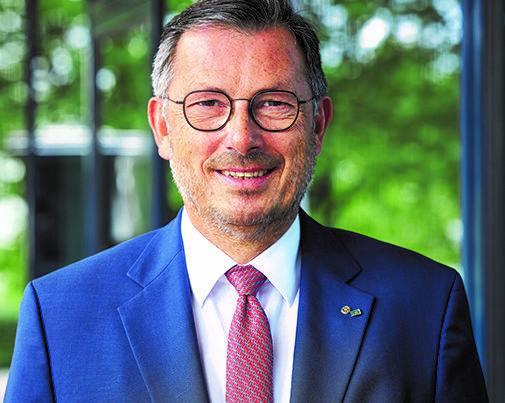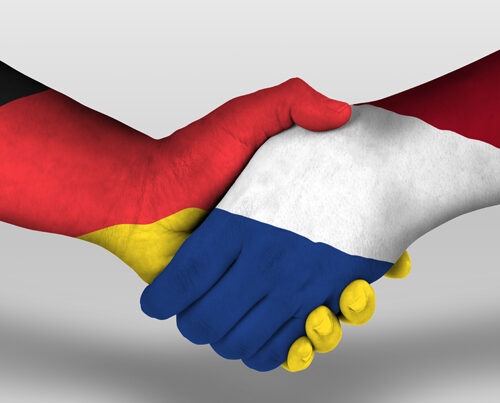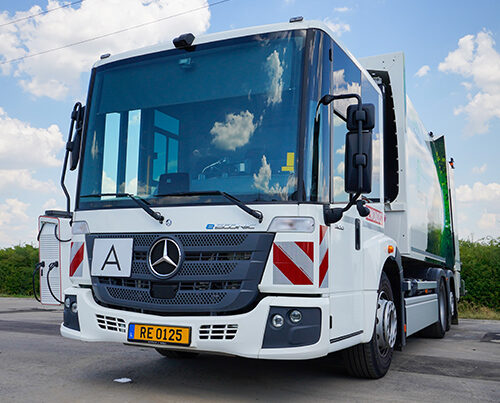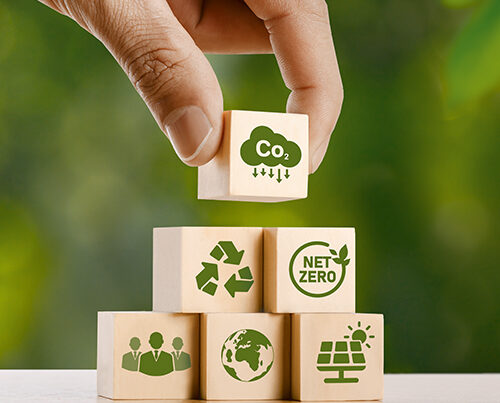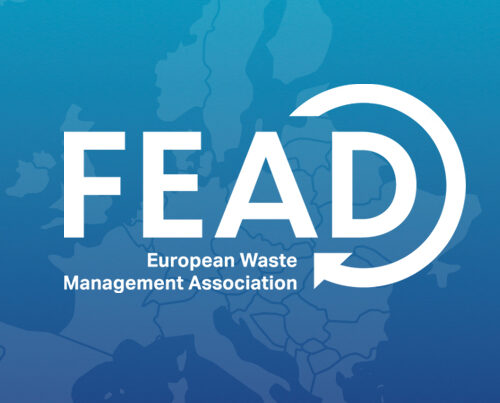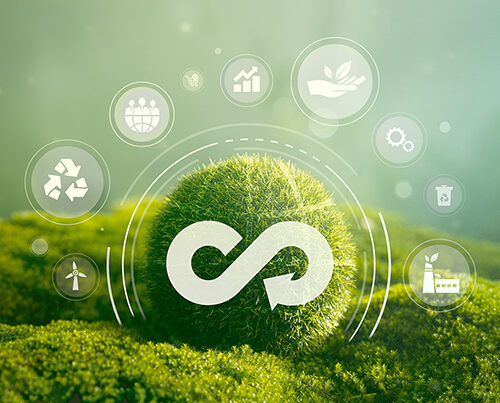Trade fairs are allowed to open their doors to the public in Germany again after the long Covid break. And two heavyweight trade fairs were held at almost the same time early this summer: the Hannover Messe in the north, the IFAT in the south. Both are in the exhibition industry ‘premier league’ – the Hannover Messe as the world’s leading industry exhibition and the IFAT as the world’s most important exhibition for environmental technology. Their focal points were very similar this year, too. As always, the IFAT focused on climate action, the circular economy, the provision of essential services and security of supply. In 2022, the Hannover Messe zeroed in on digitisation and sustainability wishing to create momentum to promote innovative, efficient production processes and climate action.
In the exhibition industry ‘premier league’ – the Hannover Messe as the world’s leading industry exhibition and the IFAT as the world’s most important exhibition for environmental technology.
The circular economy forms the basis for the whole system
Which means there were two trade fairs and one topic? Not quite. Looking at the whole of the supply chain, the circular economy is connected to a stage that is further upstream. By carrying out its recycling activities, it is able to provide industry with a reliable supply of the raw materials it needs – raw materials that are produced locally and sustainably. Besides this, the sector is also helping to bring about the energy transition as well as to curb climate change. Contributions that have a positive impact on industry and beyond. Which is why, in many cases, practicable carbon-cutting and circular economy solutions were being looked for in Hanover that were already being shown in Munich or that are already being worked on.
An economic factor of growing importance
The latest developments over the last few years – the ambitious climate goals, disrupted supply chains and uncertain supplies of energy and raw materials – have once again underlined the central importance of the circular economy. The more than 310,000 people employed in the approx. 11,000 public and private sector companies operating in the circular economy are already working on the most pressing tasks of our time. The sector has a total turnover of 85 billion euros and a gross added value of 28 billion euros with an annual growth rate of 3.9%.
A forum of experts and an international trendsetter
Playing the role it does in creating a secure future, the sector will certainly find itself becoming ever more important. The response to the trade fair already reflects its pioneering position: with around 120,000 visitors and 3,000 exhibitors, the IFAT was clearly bigger than the Hannover Messe, which welcomed 75,000 visitors and 2,500 exhibitors. The trade fair in Munich also proved to be a magnet for international visitors. Half of the people who visited the IFAT travelled from another country, among them a large number of high-ranking delegations including the environmental ministers of Brazil and Singapore.
Exhibitors felt a lack of political appreciation
What the IFAT exhibitors would have liked to have seen, would have been more German politicians attending the event. While the trade fair was opened by the German environmental minister Steffi Lemke, the federal minister for economic affairs and climate action did not attend the event in Munich. REMONDIS managing director Herwart Wilms put into words what people were feeling: “The lack of intuition from Germany is extremely disappointing,” he said. At the end of the day, both the ministry for the environment and the ministry for economic affairs are in the hands of the Green Party and together a whole host of things could be set in motion.
Image credits: image 1: Adobe Stock: Aliaksandr Marko; image 2: REMONDIS







